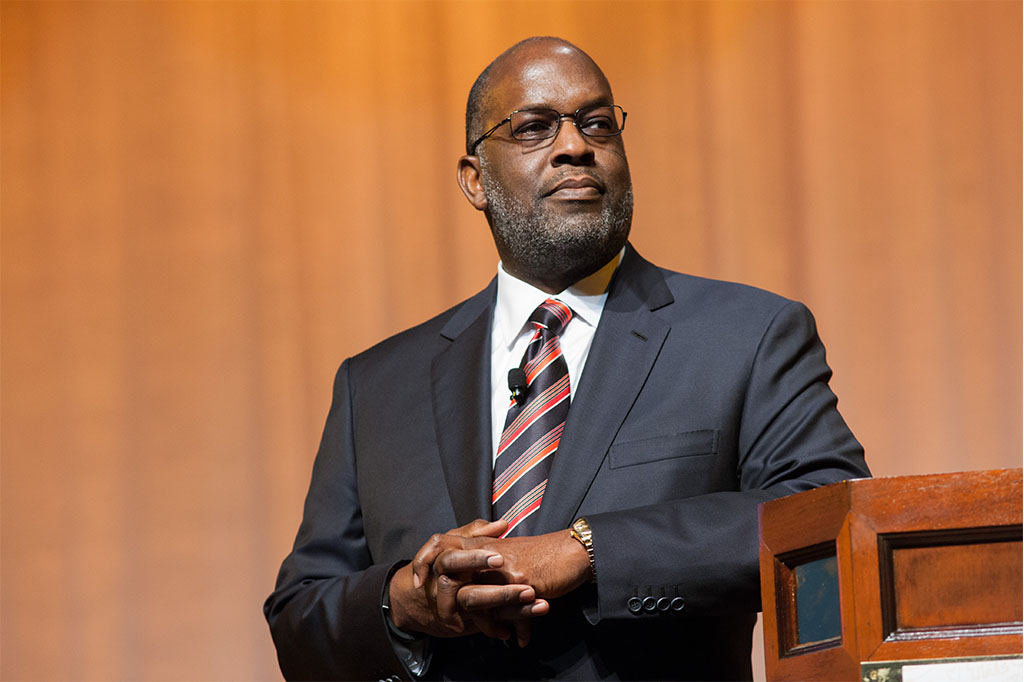Our vision is that all people always experience safe, high-quality health care.
Today however, health care quality and health outcomes are often worse for certain groups of people, including the elderly, people living in rural communities, Veterans, pregnant women, people with disabilities, certain racial and ethnic groups, those living in poverty, people with lower educational attainment, and others that may face barriers to high quality care. Some groups of people may require different approaches to care delivery due to clinical or social issues.
Impact of Differences in Health Care Outcomes
Maternal mortality rate for Black women is 4x higher than that for non-Hispanic White women
of women receive treatment for hypertension compared to 46.7% of men
deaths from heart disease and stroke in rural America in 2022 related to environmental, economic, and social factors were potentially preventable
Diabetes rates are more than 30 percent higher among Native Americans and Latinos than among Whites




